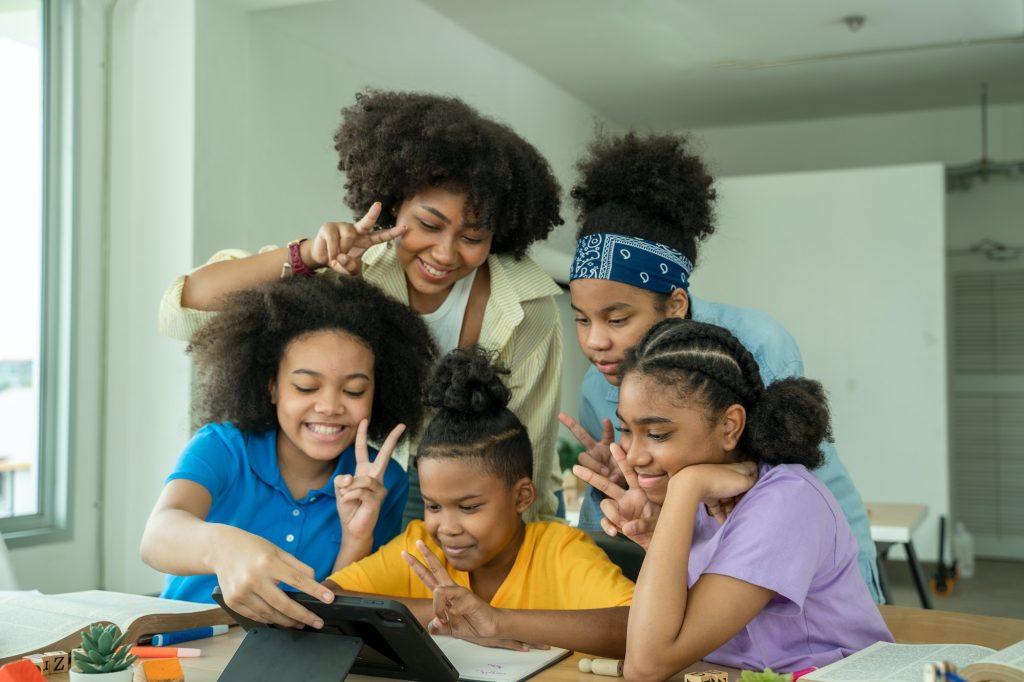
































OpenAI has just released a concise guide designed specifically for educators looking to integrate ChatGPT into their classrooms. This guide aims to equip teachers with the essential knowledge and tools needed to make the most of this advanced AI technology while remaining vigilant about its limitations and potential biases. The guide starts with a set of carefully crafted prompts -these prompts are thoughtfully designed to facilitate meaningful interactions within the classroom.
OpenAI's guide offers a clear explanation of the inner workings of ChatGPT, shedding light on its language generation process. Additionally, it provides insights into the limitations of ChatGPT, ensuring that educators are well-informed about what it can and cannot do. The guide also addresses the effectiveness of AI detectors and the issue of bias within AI systems. Educators gain valuable insights into the functioning of AI detectors, enabling them to navigate potential challenges effectively. Moreover, the guide underscores the importance of addressing bias and promoting fairness and equity in the classroom.
One of the guide's highlights is its inclusion of success stories from educators who have used ChatGPT to accelerate student learning. These real-world examples illustrate the transformative impact of this technology within the classroom. It also offers a collection of prompts tailored to jumpstart their experience, covering a variety of subjects for versatility.
To further assist educators, OpenAI has introduced a new FAQ section within the guide. This FAQ contains additional resources from leading education organisations, providing educators with a wealth of knowledge on teaching with and about AI. It also addresses frequently asked questions, covering topics such as ChatGPT's operation, limitations, the effectiveness of AI detectors, and strategies to mitigate bias.

AI holds the promise of addressing some of the most significant challenges in modern education, driving innovation in teaching and learning methods, and advancing progress toward Sustainable Development Goal 4. AI can enhance the efficiency of the learning process, empowering educators and mentors to provide students with more informed and personalized assistance.
UNESCO is committed to supporting member states to harness the potential of AI technologies for achieving the Education 2030 Agenda while ensuring that the core principles of inclusion and equity guide its application in education.
UNESCO has been actively exploring the use of AI in education and promoting public understanding of AI and data through open and accessible education, civic engagement, digital skills, and AI ethics training. UNESCO has also launched a project called 'AI and the Future of Learning,' which aims to explore the potential of AI in education and develop guidance for generative AI in education.UNESCO recognizes the transformative potential of AI in education but also emphasizes the importance of ethical considerations and ensuring that AI is used in a way that promotes sustainable development.
 Tags quentes :
Desenvolvimento de capacidades
Educação online
Tags quentes :
Desenvolvimento de capacidades
Educação online